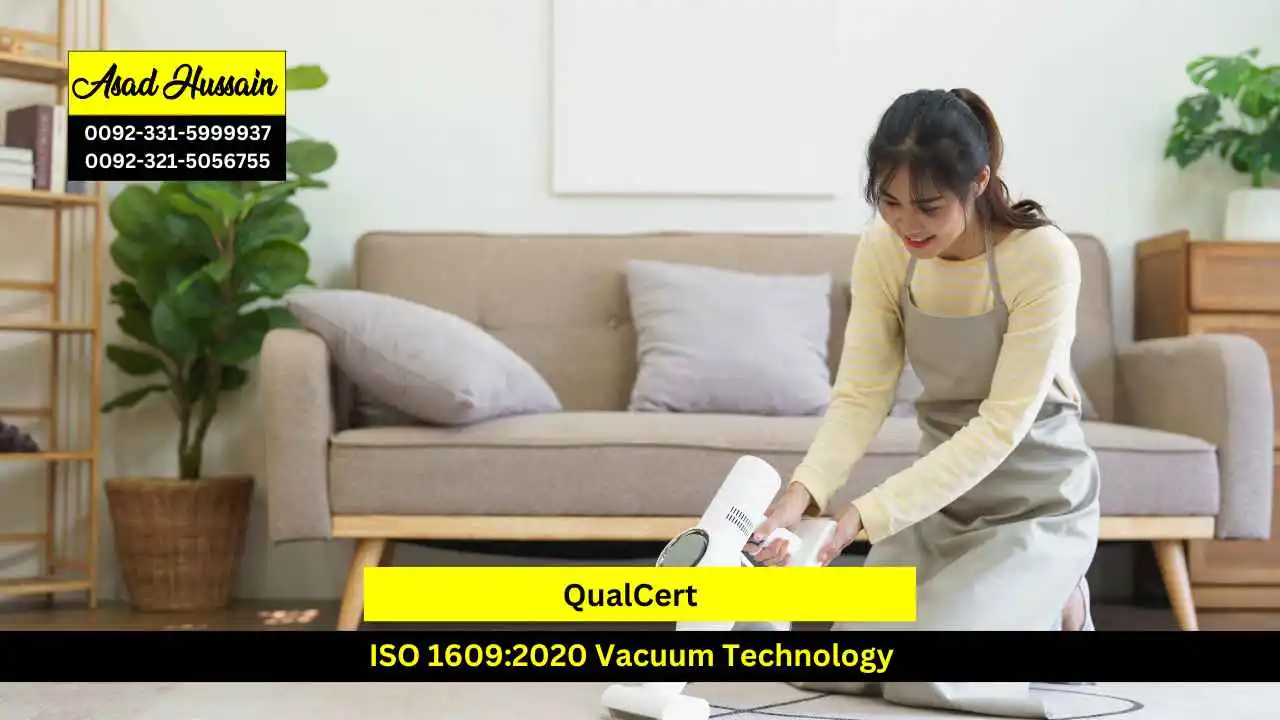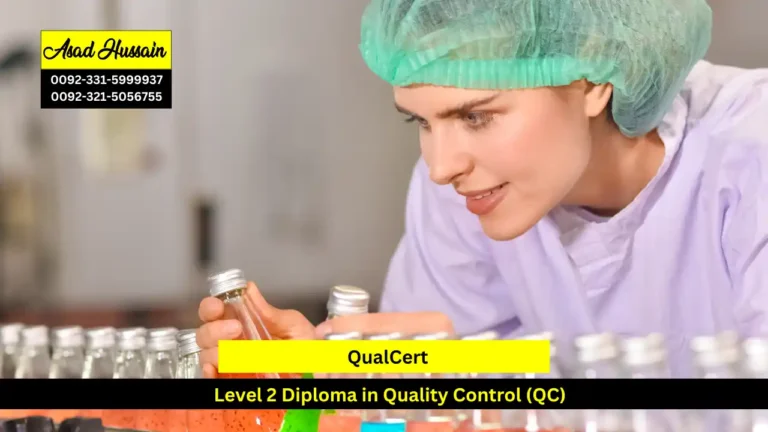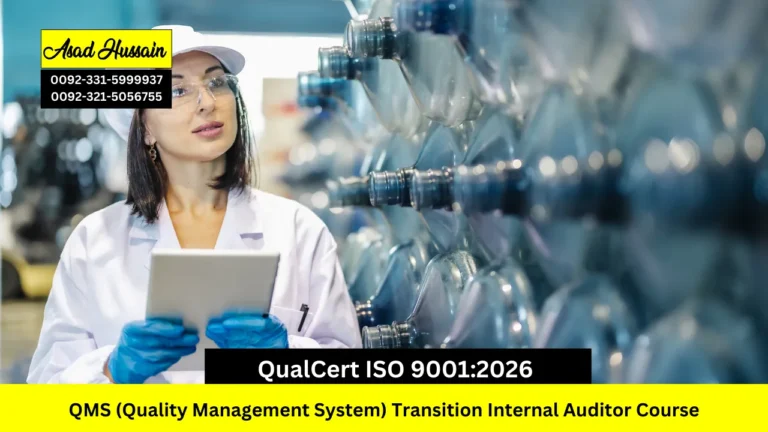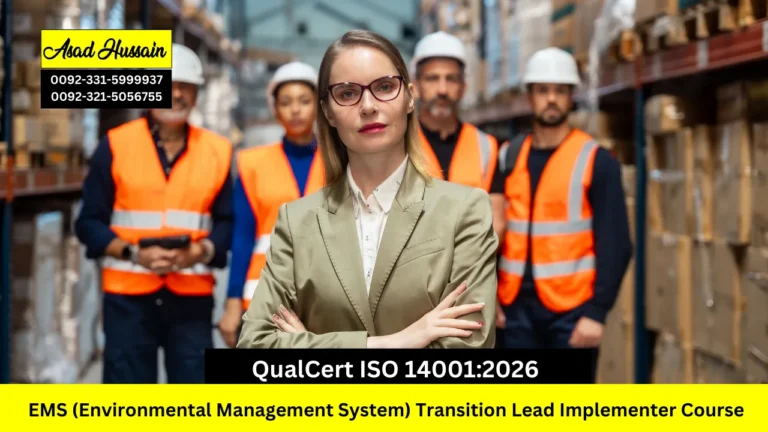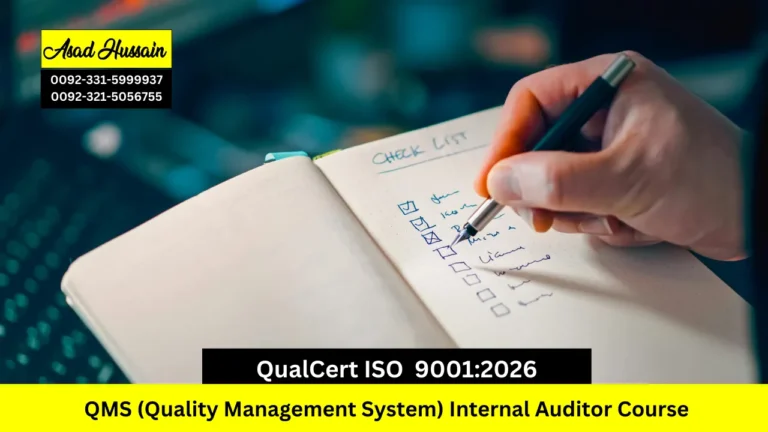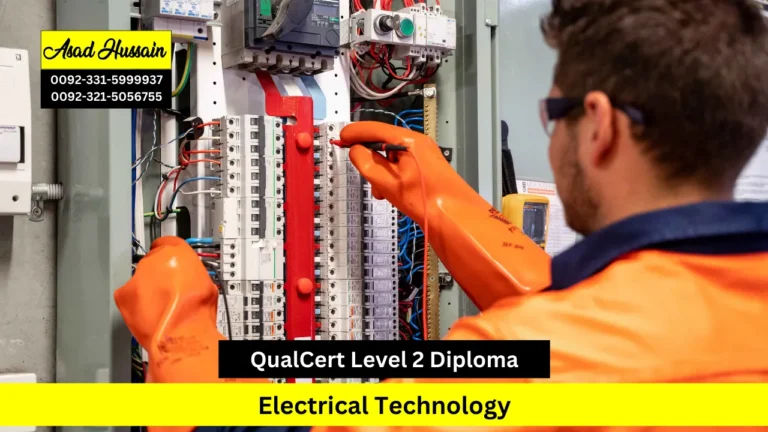In the realm of high-tech industries and scientific research, vacuum technology plays a crucial role. Whether it’s for semiconductor manufacturing, space simulations, or advanced material science, maintaining a precise and controlled vacuum environment is essential. Enter QualCert ISO 1609:2020, the international standard designed to enhance the quality and reliability of vacuum technology systems. Let’s delve into what this standard entails and how it benefits industries that rely on vacuum technology.
ISO 1609:2020 is an international standard established by the International Organization for Standardization (ISO) that provides guidelines and requirements for vacuum technology. This standard outlines the best practices for the design, installation, operation, and maintenance of vacuum systems. It aims to ensure that vacuum technology is used efficiently and effectively, meeting the high-quality standards required in various applications.
QualCert ISO 1609:2020 represents a significant advancement in the field of vacuum technology. By providing a clear framework for the design, operation, and maintenance of vacuum systems, it helps organizations achieve higher quality, reliability, and safety in their vacuum-related processes. For industries that depend on precision and control, adopting ISO 1609:2020 is not just a choice but a necessity for ensuring optimal performance and achieving excellence in their technological endeavors.
Program Highlights
Mandatory Units
- Introduction to Vacuum Technology
- Vacuum Measurement and Calibration
- Vacuum Pumping Systems
- Leak Detection and Testing
- Safety and Environmental Considerations
- Quality Assurance and Control
- Advanced Topics in Vacuum Technology
- Educational Background
- Technical Proficiency
- Professional Experience
- Language Proficiency
Introduction to Vacuum Technology
- Understand the fundamental principles of vacuum technology including the definition, history, and applications of vacuum systems.
- Identify different types of vacuum systems and their uses in various industries.
- Explain the key concepts such as pressure, vacuum, and atmospheric pressure, and how they relate to vacuum technology.
Vacuum Measurement and Calibration
- Describe the various methods of measuring vacuum including the use of gauges and sensors.
- Perform calibration of vacuum measurement instruments to ensure accurate readings.
- Analyze the principles of calibration and the importance of regular maintenance of measurement systems.
Vacuum Pumping Systems
- Differentiate between various types of vacuum pumps such as rotary vane, diffusion, and turbomolecular pumps.
- Understand the operation and maintenance requirements of different pumping systems.
- Select appropriate vacuum pumping systems for specific applications based on performance characteristics.
Leak Detection and Testing
- Identify common sources of leaks in vacuum systems and the impact of leaks on system performance.
- Utilize various leak detection methods including helium leak detection and pressure decay methods.
- Conduct leak testing procedures and interpret results to ensure the integrity of vacuum systems.
Safety and Environmental Considerations
- Recognize the safety hazards associated with vacuum technology and implement safety protocols to mitigate risks.
- Understand the environmental impact of vacuum systems and how to manage waste and emissions.
- Apply best practices for the safe operation and maintenance of vacuum equipment.
Quality Assurance and Control
- Implement quality assurance procedures to ensure the reliability and performance of vacuum systems.
- Understand the principles of quality control in vacuum technology, including standards and best practices.
- Develop and maintain documentation for quality control processes and system performance.
Advanced Topics in Vacuum Technology
- Explore cutting-edge advancements and emerging technologies in the field of vacuum technology.
- Analyze complex vacuum systems and their applications in specialized industries.
- Apply advanced problem-solving techniques to address challenges in vacuum system design and operation.
This course is designed for professionals and students seeking to deepen their expertise in vacuum technology. It is ideal for engineers, technicians, and scientists working in industries such as semiconductor manufacturing, aerospace, and research laboratories, where precise vacuum systems are critical. The course is also suitable for those involved in quality assurance, maintenance, and safety roles within organizations that utilize vacuum technology. Additionally, it benefits individuals pursuing advanced studies or careers in fields related to vacuum systems, providing them with essential skills and knowledge to excel in their roles and contribute to the development and maintenance of high-performance vacuum systems.

